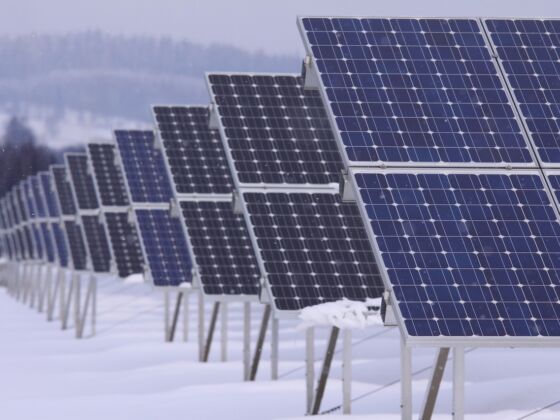This is The Climate Win, the most positive sustainability news around the world every week.
Two weeks ago, Matador covered news that solar power is officially the world’s cheapest source of energy. This was based on data showing that solar farms are cheaper to build than other types of power plants.
A reader raised an interesting question: While solar power plants may be cheaper to build, is solar power cheaper to produce and deliver to the power grid on an ongoing basis, in comparison to other forms of power?
